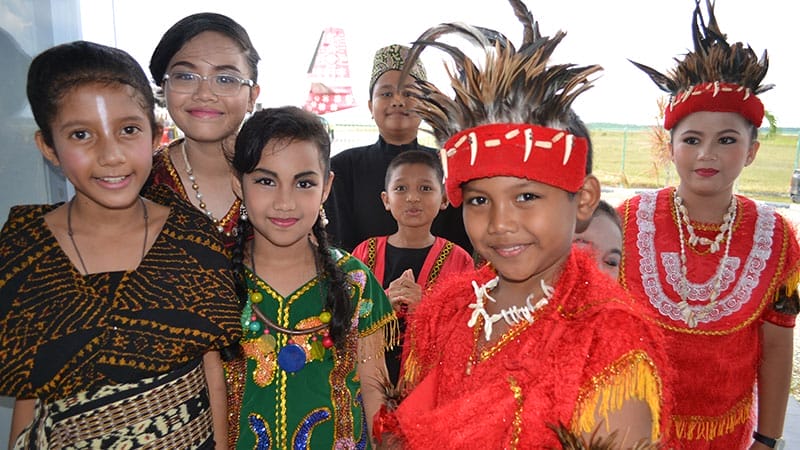Seven Packed Days in ASEAN
The average American eye and your computer may read ASEAN as “Asian” misspelled, but Asia watchers know that ASEAN is a trade association consisting of 10 nations. A recent Wharton Global Modular Course (GMC), in collaboration with Singapore Management University, brought students, faculty and alumni closer to ASEAN.
Participants had an opportunity to visit Singapore, Malaysia and Indonesia over a period of seven tightly packed days in May 2015. They experienced a number of rich insights across these fabulous nations, including learning about cutting-edge urbanization and city planning in Singapore and the catch-up game being played by its next-door neighbor Malaysia. The Tanoto Foundation expanded their knowledge of corporate social responsibility, and participants witnessed the rising power of newly elected President of Indonesia Joko “Jokowi” Widodo and the changing political landscape of his country.
What follows are other key takeaways:
Historical Background and Implications of Deliberate Decisions: Over the past 50 years, the political and economic choices made by Singapore, Malaysia and Indonesia have varied, and consequently their growth trajectories have diverged. Today, per capita GDP varies greatly: Indonesia at $3,475, Malaysia at $10,538, and Singapore at a whopping $55,182.
The Power of Singapore’s Urban Planning: For Singapore, territorial expansion has been an essential part of economic growth. One of the astounding lessons from this Wharton GMC was to witness the “land reclamation” throughout Singapore to create “new” land around the island. Since independence in 1965, the country has expanded by 22 percent, from 58,000 hectares to 71,000 hectares, and the government expects that the nation will need another 5,600 hectares by 2030.
Tanoto Principles: One brief but highly effective lesson came from Royal Golden Eagle International and Tanoto Foundation CEO Sukanto Tanoto WF01, who includes the communities and countries his businesses operate in on the list of stakeholders. According to Tanoto, for a business to be truly successful and effective, it must be good for the community, good for the country and good for the company.
Malaysia as Singapore’s Bedroom: It’s not easy to grow under the shadow of an ultradeveloped neighbor and constantly play catchup, but Malaysia is trying hard. If the countries can cooperate, simplify the immigration systems, and establish fast transportation, both sides can benefit, as Malaysia has immense potential to be Singapore’s bedroom community.

























